Like a basketball player, in the process of leaping toward the hoop, being transformed into Bruce Springsteen, or a businessman, the town, as the nation, experiences metamorphosis. Brickwork is used to develop the settlement into a series of delicately aligned, or, indeed, unaligned buildings, which with time decay. New structures built from concrete soon crumble with the repeated passage of the seasons, to be replaced by new forms of reinforced concrete, glass, wood and plastics in all its synthetic forms.
Architecture is a liquid, mallable form which spreads and sprawls into concentric rings designating residential, industrial and utility areas, as well as the subtle and surreal nuances of class. Private developments sit awkwardly with housing estates, parades of shops and new, wider roads, like huge arteries which speed up trafic, but make the life of nervous dogs more difficult.
The industrial hammer falls for the last time, ghosts not carpets haunt the floors of derelict factories, which eventually make way for supermarkets, which in time are bought over by bigger meganationals and left empty. The mass exodus of captains of industry marching proudly through the factory gates becomes a mere memory, the entranceway is locked after their departure. For a time an ill-conceived security guard patrols with a big, but neurotic alsation dog, then he too disappears as the weeds emerge, the windows fall out like rotten teeth. R.I.P Blackwood and Morton Kilmarnock (BMK), Glenfield and Kennedy, Massey Ferguson,The Saxone et al.
Bland, though prettily named, industrial estates spring up on the town's margins, characterless, square and sparse. Units of industry, home for fleeting businesses, who arrive and depart with wreckless haste.
And, just as the physical grows and dies, the abstract too rises and declines.
Generations of people come, leave their mark, big, small or indifferent and just as suddenly disappear, like a hooded graffiti artist spraying his tag onto a wall and vanishing into the darkness of the town's night streets.
The new generations rip up their father's books, just as their father's had their grandfathers. A ceremonial bonfire is constructed for their father's music. Elvis, as a Guy Fawkes effigy, the Beatles kindling for the flames. Later, anguished children of the rippers condemn their parents for burning the Beatles when Oasis, that well known Beatles singalike band become the currency of britpop chic.
Families look on with a collective horror, as their offspring colour their Mohican hairstyles purple and dance, ludicrously, to incomprehensible music, which represents, supposedly, two fingers to the universe. But, the boy with the purple Mohican hair pogo dancing to the Sex Pistols is transformed into a salesman, complete with suit, collar and tie and a company car thank you very much. "Must be off darling, now little Johnny, you be good for mummy, and if daddy does better this month than he did last we might be moving to one of those new Wimpy homes on an anonymous estate in Irvine".
In step with the trends of the nation, Little Johnny's mummy and daddy, former punks, and now respectable middle class aspirees are destined to divorce before their tenth wedding anniversary. Little Johnny, grown-up, will be far more daring than the members of his two hybrid families, his step and half brother and sisters, step-mother and step-father. He will smoke cannabis, and try ecstacy and get into fights more often, and will suffer from that new disease of wanderlust, backpacking his way through life with countless jobs and at thirty, unlike his parents who married in their late teens, he will still be single.
He will be a central belt child of Scotland, brought up on Mel Gibson films and a massive debate about whether or not William Wallace was a resident of Kilmarnock or Elderslie. He will witness the formation of a Scottish parliament at Holyrood, and three successive First Minsiters - Donald Dewar, O Henry McLeish and Jack McConnel -all Labour, between May1999 and November 2001. Scotland's return to a parliament for the first time since 1707 sparked the wheels of a new pride.
Subscribe to:
Post Comments (Atom)
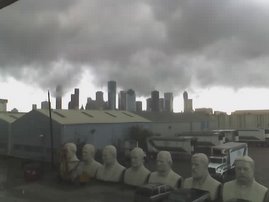
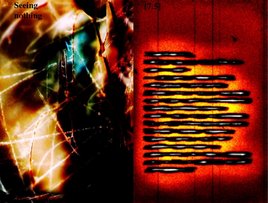
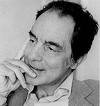

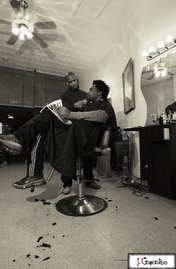
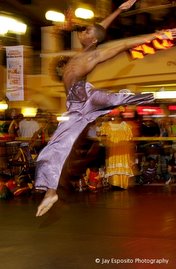
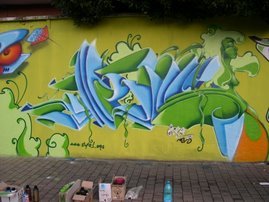
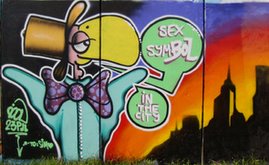
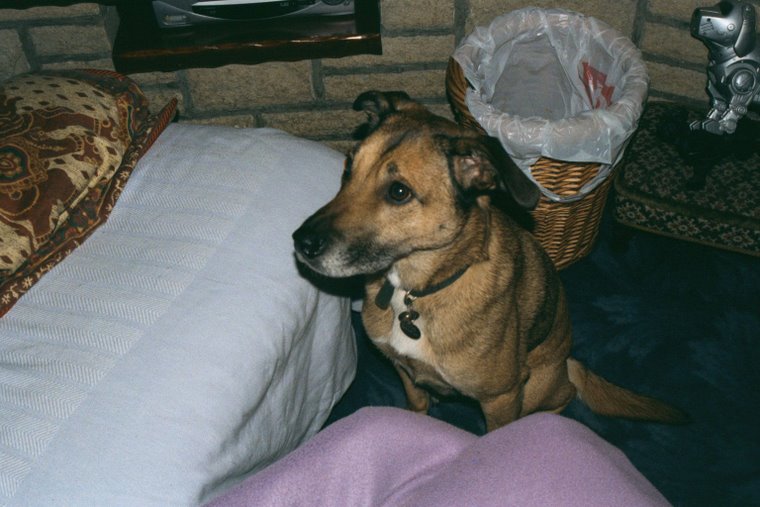
3 comments:
I like this Sergi. You have a, how should I say, a slightly quirky style, it is different. The way you write, could we describe it as unique? I think so.
Thanks El. Axasha has said my work is evolving, and I seem to be really busy just now.
I tried to look at Scotland and my own experiences and then put them into a sort of chronological and historical timeline, I was never sure if it had worked.
Yes, I can see the evolution. Much more depth, though you always were a deep writer, darker perhaps.
I always said you had an awesome talent.
Post a Comment